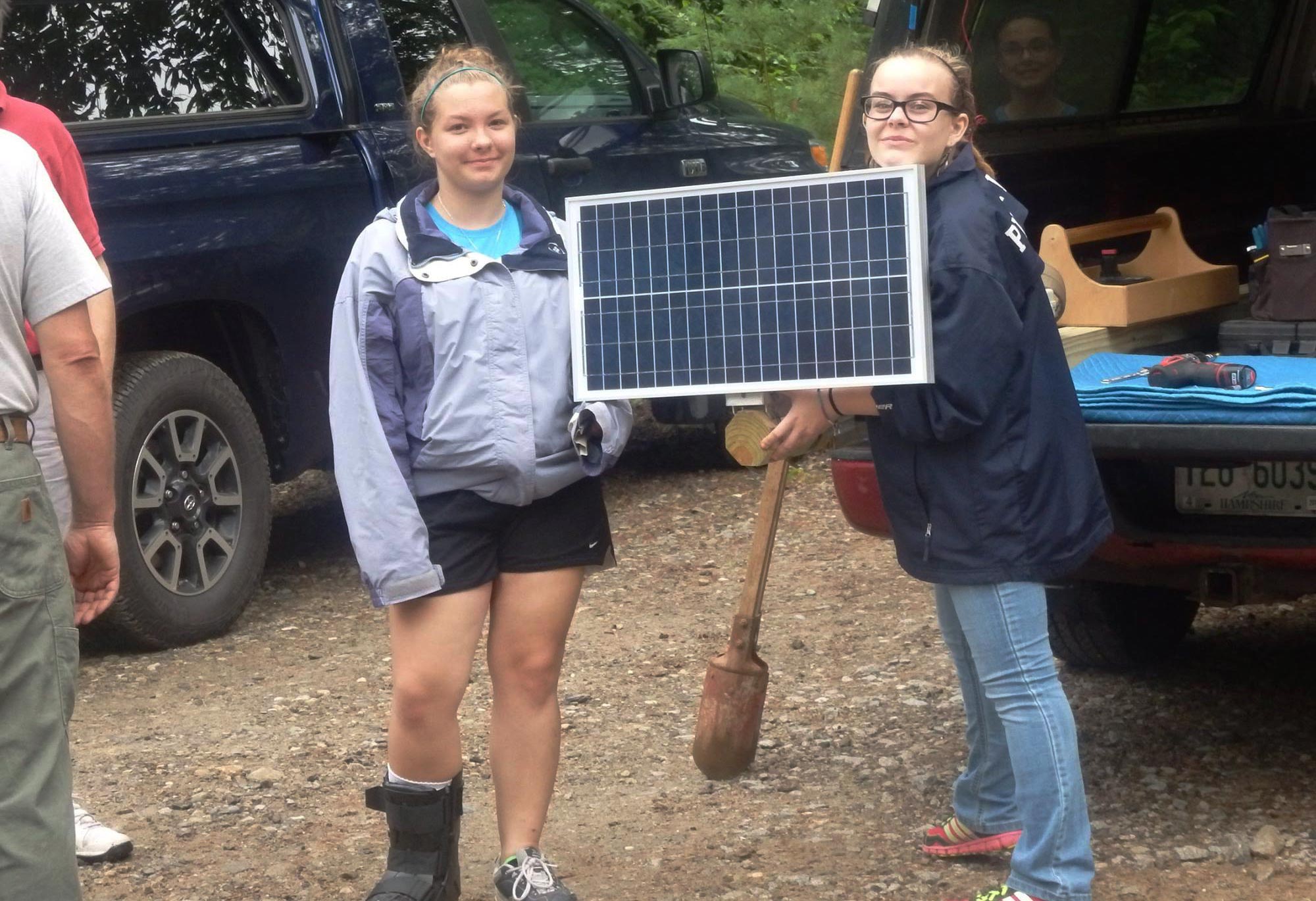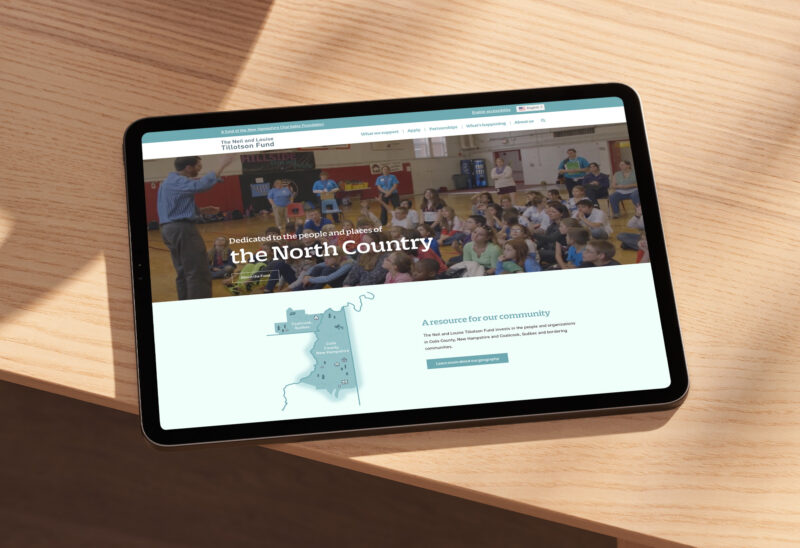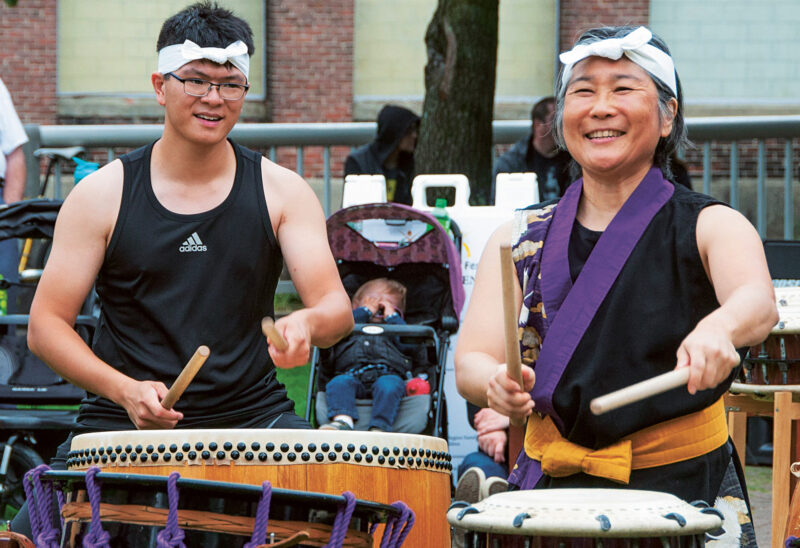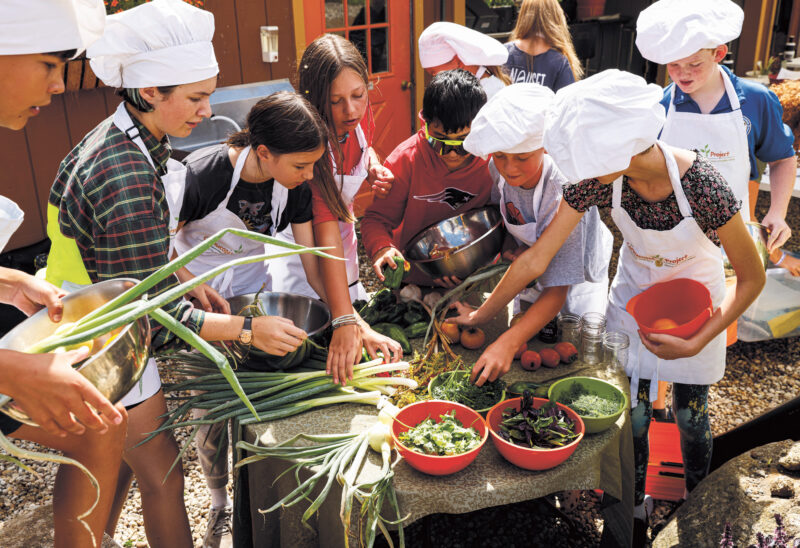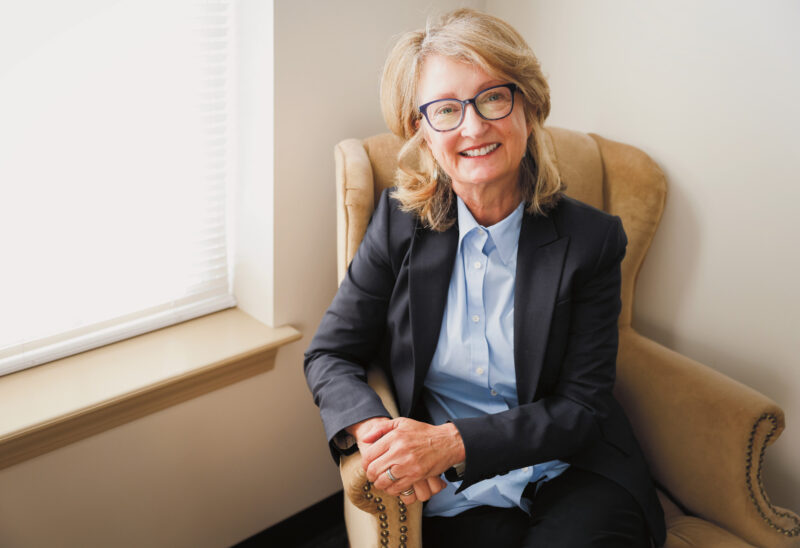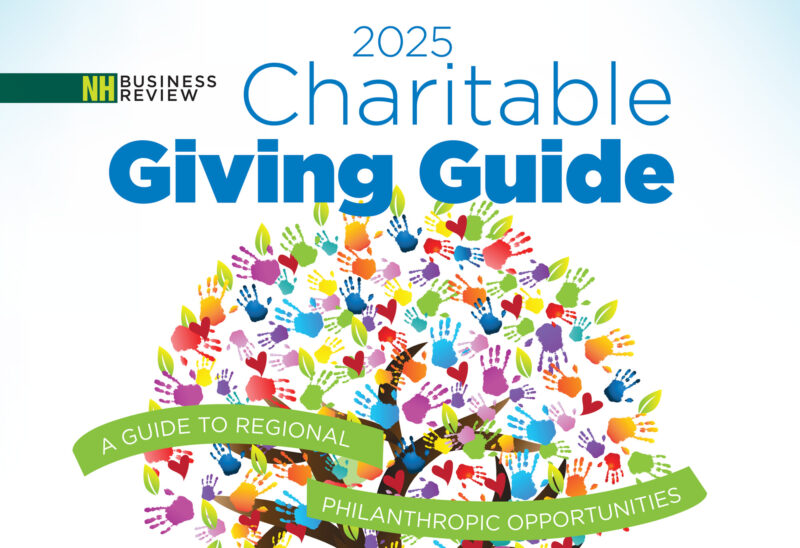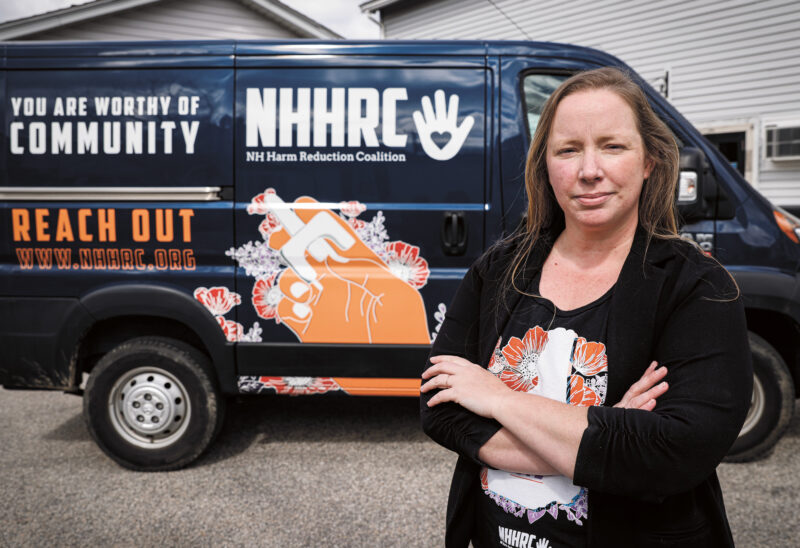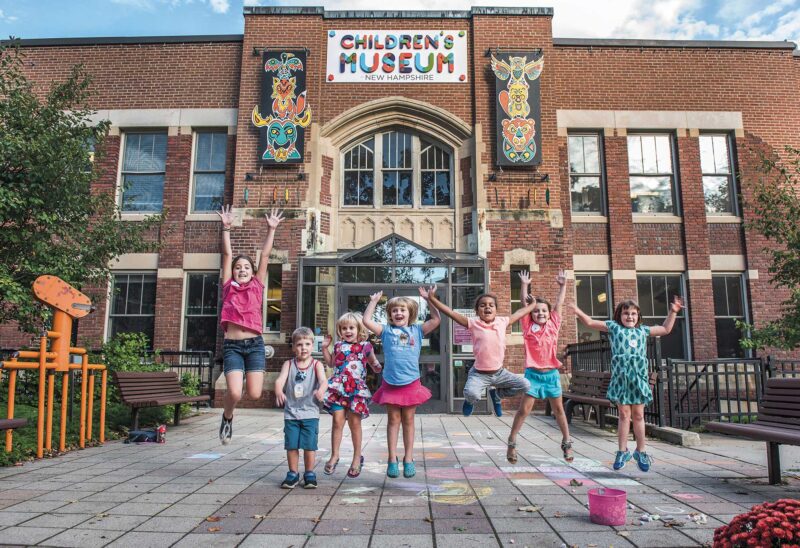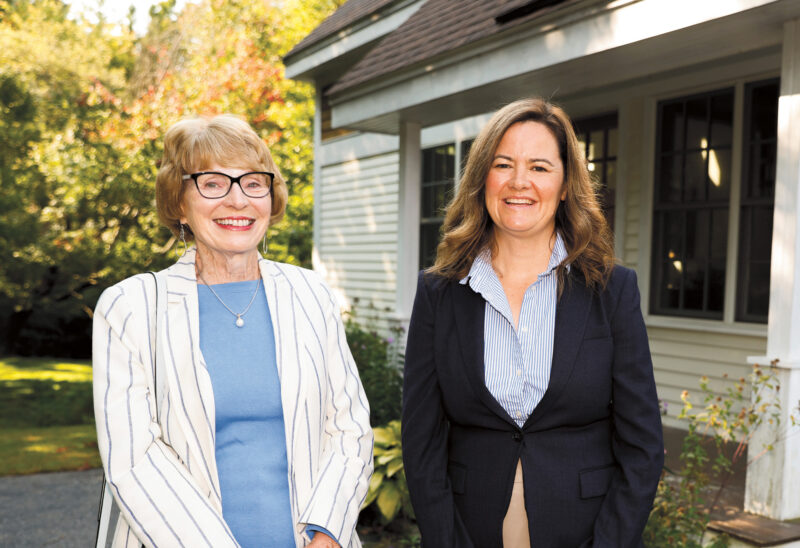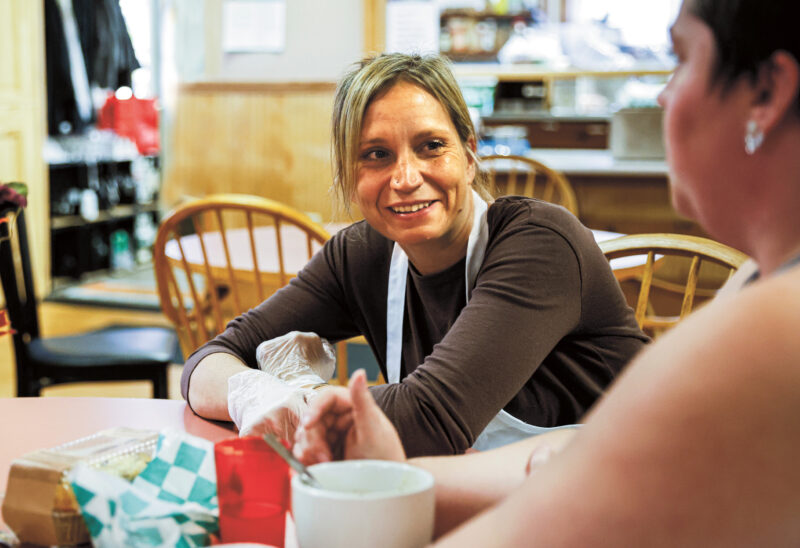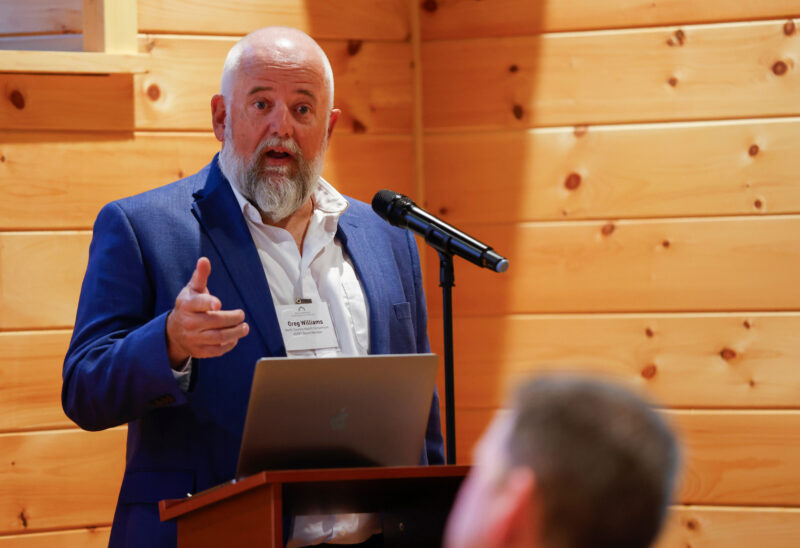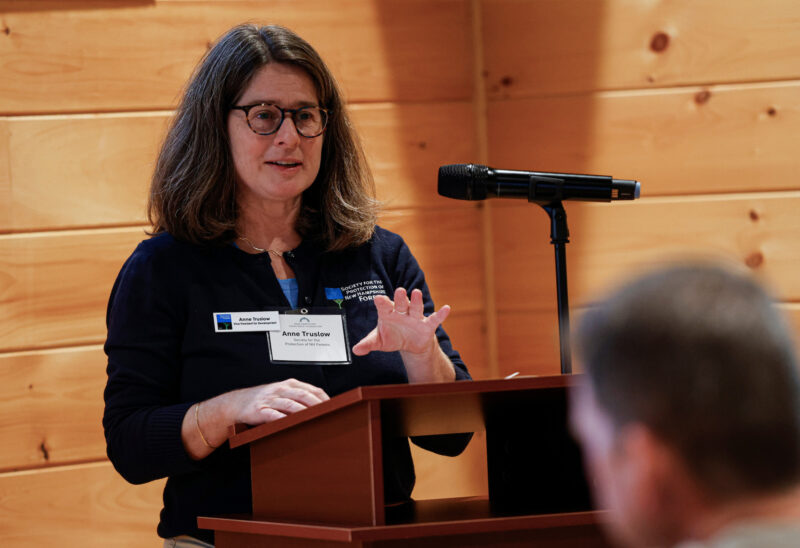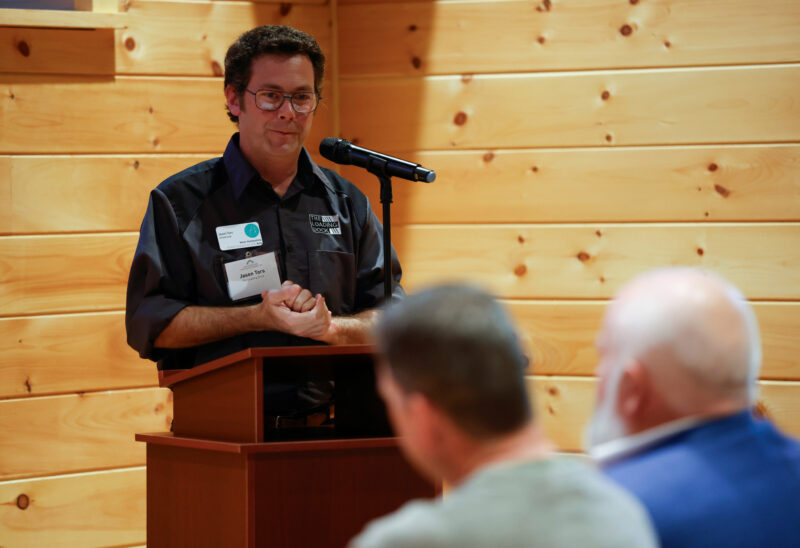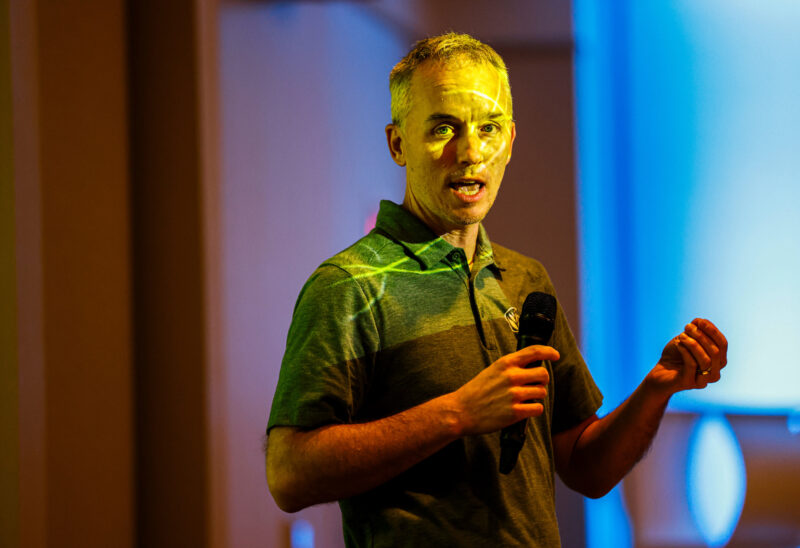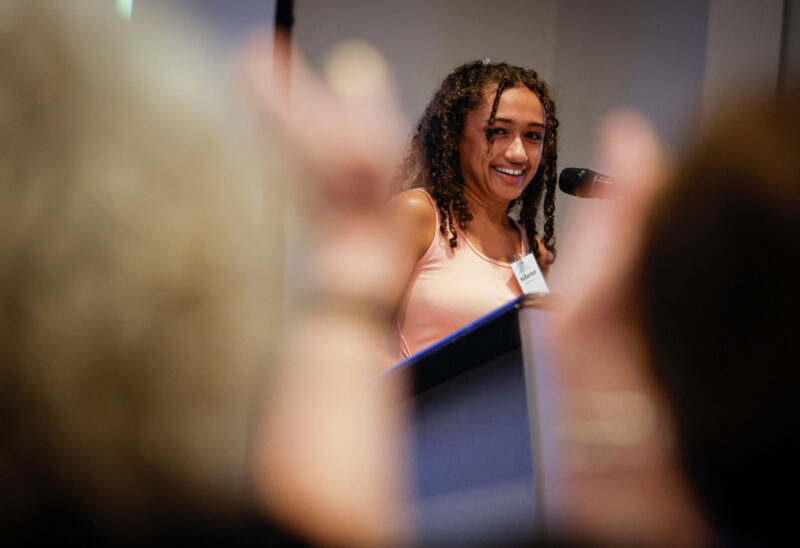The girls installed the panels, laid the conduit, did the wiring — and turned the lights on. It was all part of the life’s work of the Circle Program.
The Circle Program, founded in 1993, brings in girls whose lives are made difficult by circumstance and surrounds them with caring and community.
Circle recently paired with the Plymouth Area Renewable Energy Initiative to install solar panels on the Circle Program summer camp cabins.
The “Lights On!” project, supported with a grant from the Charitable Foundation, gave the teens the opportunity to spend four days at Lakes Region Community College, learning how solar power works and how to engineer, install and monitor a photovoltaic system at their camp. And the girls did the work themselves. Two of those girls, when the project was done, told Circle Program Executive Director Kathleen Kearns that they would like to become electricians.
Girls join the Circle Program — after being referred by a teacher, guidance counselor or social service worker — when they are in fifth grade. All of the girls come from poverty, most from single-parent homes, many from chaotic circumstances. They attend Circle Program camp in the summer in Groton, and are paired with year-round mentors. The program makes a commitment to the girls — and the girls make a commitment in return. Ninety-five percent of the girls who start in Circle as fifth graders stay through their high school years. Since the program expanded to include high-school-age teens, it has grown from serving about 60 girls to more than 90. The program is provided free of charge.
Kearns said the program teaches “the six c’s — competence, confidence connection, character, caring and contribution.”
The program offers the girls opportunities that their families could not otherwise provide, and focuses on relationships, self-confidence and goals.
With their mentors, some “Circle girls” climb mountains and some bake cookies — and all learn that they have something to offer, that they have the ability to become valued and contributing members of their communities. “We really see dramatic changes in a short amount of time,” Kearns said.
Kearns remembers one Circle girl who, when she joined the program, was “very angry.” She had been in foster care, was not getting along with her father and stepmother and had run away and been picked up by juvenile authorities. “She has done an amazing job turning her life around,” Kearns said. “She’s a hard worker and likes to solve problems and is a great role model.” And now, the young woman is a Circle Program camp counselor. Over the past decade, the Foundation and affiliated donor-advised funds have supported the Circle Program with nearly $600,000 in grants.
One “Circle girl” who graduated from the program wrote: “What did the Circle Program mean to me? The world and then some. My pillar. My foundation.”

